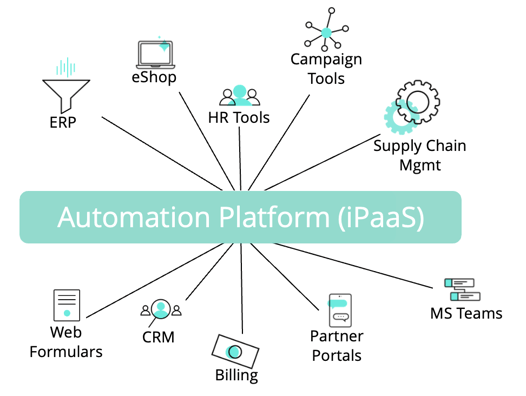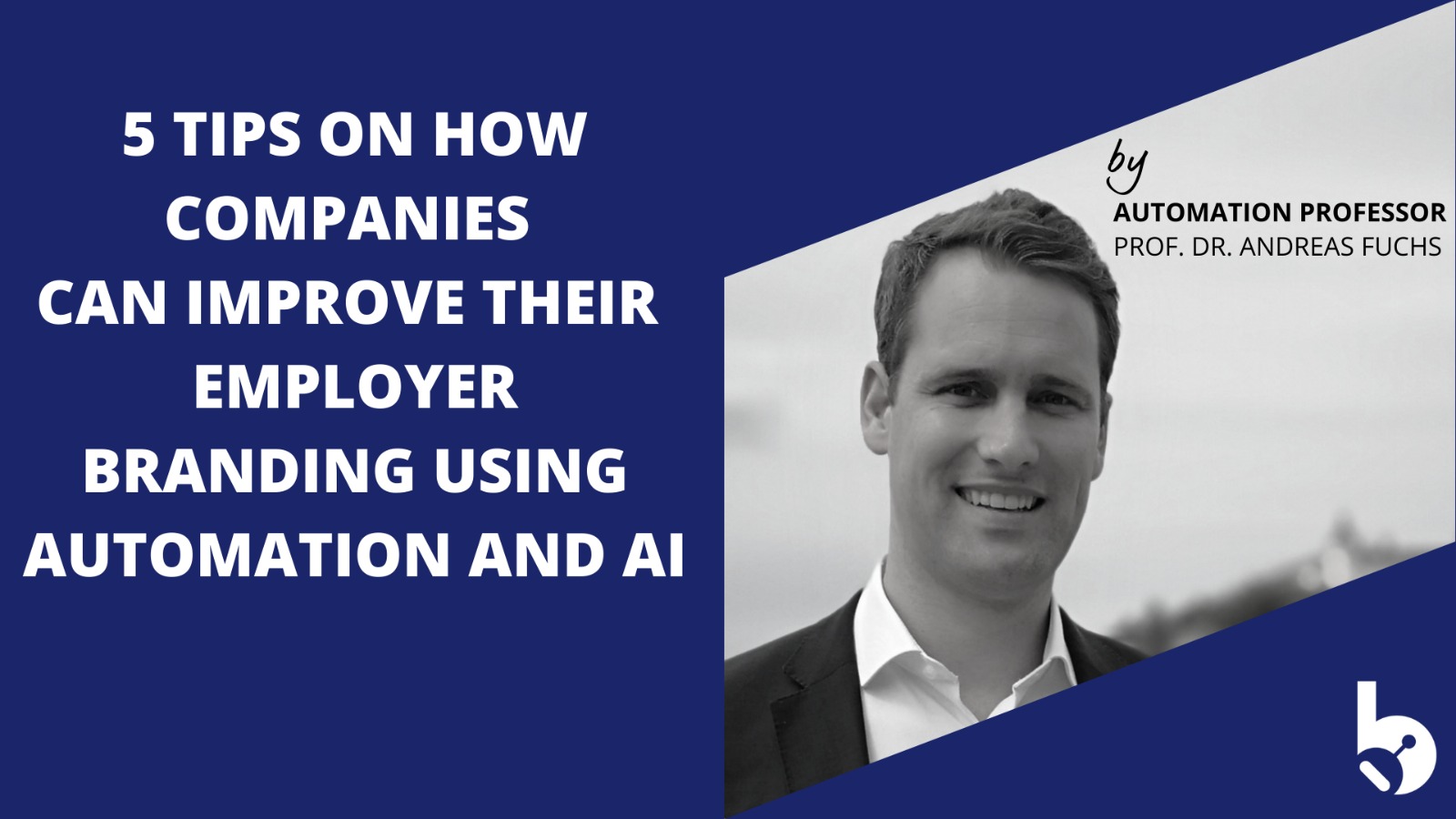How AI is revolutionising customer service
-1.png)
In the fast-paced world we live in today, where customers demand quick and personalized solutions, customer service has emerged as a crucial factor for companies looking to stand out. However, traditional methods often struggle to keep up with the growing volume of inquiries while maintaining high levels of customer satisfaction. This is where the game-changing technology of Generative AI steps in, revolutionizing the customer experience by not only enhancing efficiency but also setting new benchmarks.
Generative AI, also known as GenAI, empowers companies to deliver human-like interactions through intelligent chatbots. These chatbots go beyond providing canned responses to common queries; they can offer tailored, context-specific answers to unique issues and continuously enhance their capabilities. The integration of Conversational AI with GenAI opens up a world of possibilities, particularly in addressing intricate and specialized use cases.
- By using GenAI, companies can offer effective 24/7 customer service. The rapid response leads to an improvement in service quality and customer experience and strengthens the company brand at the same time.
- Generative AI also significantly reduces the workload for customer service staff. Routine queries can be automated, allowing employees to focus on more complex problems that require human empathy and creativity (human-in-the-loop). This not only boosts productivity, but also fosters employee engagement.
- One significant benefit of GenAI lies in its capacity to extract valuable insights from the amassed data. Through scrutinizing the interactions between customers and AI-powered systems, businesses can pinpoint patterns, unearth trends, and continuously enhance their offerings. This data-centric approach empowers companies to finely tailor their products and services to meet the exact needs of their customers, thereby gaining a competitive edge in the market.
- In a world characterized by rapid change and increasing customer demands, GenAI is not just a nice extra, but an indispensable component for companies that want to be successful in customer service.
Without Data Integration, no effective AI in Customer Service?
A key facilitator for the effective implementation of AI in customer service is the utilization of iPaaS. This innovative cloud-based software framework allows seamless data integration across various applications through a unified platform. Subpar customer interactions with chatbots often stem from inadequate backend integration, resulting in limited information availability for query resolutions. Additionally, iPaaS offers versatile integration capabilities for enhancing GenAI in rule-based chatbots, thereby refining natural language processing (NLP) and bolstering problem-solving proficiencies.

- Harnessing the power of iPaaS in customer service has the potential to boost efficiency for handling service requests in the ticket system by enriching them with vital information automatically. By seamlessly compiling pertinent data from backend systems like CRM or ERP, iPaaS streamlines the process by providing details such as order history, customer contacts, and product descriptions. This eliminates the need for manual searches, enabling efficient issue resolution.When integrated with GenAI, new functionalities emerge, such as the ability to distill complex customer history data into essential insights, ultimately lightening the load for service staff and amplifying operational effectiveness.
- However, the majority of chatbots are limited in their ability to handle complex queries in real-time. This is where the application of iPaaS comes into play for AI-powered chatbots, as they require access to crucial data to effectively address challenging questions. By integrating essential customer data like addresses or banking information into the chatbot, a seamless automated self-service experience can be provided to customers, with the data updates effortlessly syncing back to the ERP or CRM systems. The issue of slow response times or lack of real-time data processing in chatbots often hinders the overall customer experience. To mitigate this, it is vital to process customer inquiries promptly with synchronous data processing, minimizing waiting times and enhancing customer satisfaction.
What could the Interaction between iPaaS and AI in Customer Service look like?
The following video shows how a new service request is created in the ticket system. The appropriate internal solver group is identified automatically using AI. iPaaS connects the ticket system with an AI model that calculates the probability of which solver group the ticket belongs to. With a probability of 98%, the ticket can be assigned to the solver group "Finance". iPaaS automatically transfers the assignment of the solver group back into the ticket system.
This illustration vividly demonstrates how the synergy of these two technologies optimizes service processes in real-world scenarios. With customer service often viewed internally as a pure cost concern, automation becomes imperative to alleviate cost pressures. Moreover, these technologies lay the foundation for introducing novel use cases that transform customer service from mere cost optimization to avenues like up-selling, cross-selling, and the derivation of invaluable insights. Consequently, Customer Service evolves into an additional revenue-generating function.
Which Companies have Embraced this Approach?
An exemplary case of AI transforming customer service comes from payment service provider Klarna. In February 2024, they unveiled remarkable statistics: Within just a month, their virtual assistant handled over two-thirds of all inquiries, totaling 2.3 million conversations – equivalent to the workload of approximately 700 full-time employees.
Despite this significant shift towards AI-powered assistance, customer satisfaction remained consistently high, almost indistinguishable from that of human advisors. The precision of the AI surpassed that of human agents, resulting in a 25% decrease in repeated requests. Notably, the AI responded in just 2 minutes, a remarkable 9-minute improvement compared to human counterparts, catering to 23 markets in over 35 languages. Projections suggest that by the end of 2024, Klarna could witness a profit surge of USD 40 million, underscoring the transformative impact of AI in customer service.


-1.png)
-1.png)
